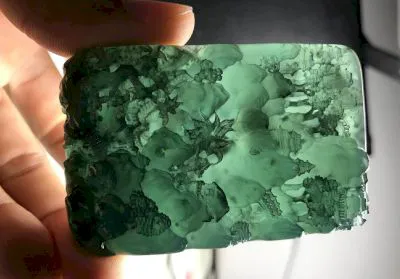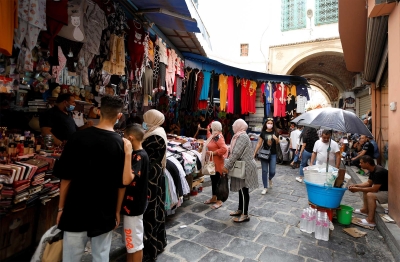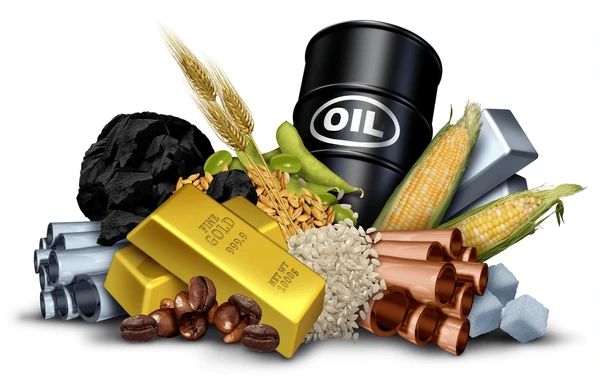Jade trade in Tunisia - Exporting Jade to Tunisia
- Anbar Asia
- Trade with Tunisia
- Tunisia's Gemstones market
- Jade trade in Tunisia
- Tunisia
 ProfileMeteorite
ProfileMeteorite - Tunisia
 ProfileMeteorite
ProfileMeteorite - Tunisia
 ProfileMeteorite
ProfileMeteorite - Tunisia
 ProfileMeteorite
ProfileMeteorite - Tunisia
 ProfileCanned Foods
ProfileCanned Foods - Tunisia
 ProfileDiamond
ProfileDiamond - Tunisia
 ProfileBauxite, Galena, Chalcopyrite, Cassitrite, Hematite, Chromite, Coal, Sphalerite
ProfileBauxite, Galena, Chalcopyrite, Cassitrite, Hematite, Chromite, Coal, Sphalerite - Tunisia
 ProfileRuby
ProfileRuby - Tunisia
 ProfileMeteorite
ProfileMeteorite - Tunisia
 ProfileMeteorite
ProfileMeteorite - Tunisia
 ProfileEmerald, Meteorite
ProfileEmerald, Meteorite - Tunisia
 ProfileDiamond
ProfileDiamond - Tunisia
 ProfileAgate
ProfileAgate - Tunisia
 ProfileTurquoise, Ruby, Diamond, Amber, Emerald, Jade, Chrysocolla, Tanzanite
ProfileTurquoise, Ruby, Diamond, Amber, Emerald, Jade, Chrysocolla, Tanzanite - Tunisia
 ProfileLapis Lazuli, Emerald
ProfileLapis Lazuli, Emerald - Tunisia
 ProfileDiamond, Charoite
ProfileDiamond, Charoite



 أحمد هلال1 weeks ago
أحمد هلال1 weeks ago ProfileMeteorite
ProfileMeteorite Mehrzi achref2 weeks ago
Mehrzi achref2 weeks ago ProfileMeteorite
ProfileMeteorite asil3 weeks ago
asil3 weeks ago ProfileMeteorite
ProfileMeteorite الفوغالي4 weeks ago
الفوغالي4 weeks ago ProfileMeteorite
ProfileMeteorite croco business4 weeks ago
croco business4 weeks ago ProfileCanned Foods
ProfileCanned Foods Sana chihaoui2 months ago
Sana chihaoui2 months ago ProfileDiamond
ProfileDiamond Jihed2 months ago
Jihed2 months ago ProfileBauxite, Galena, Chalcopyrite, Cassitrite, Hematite, Chromite, Coal, Sphalerite
ProfileBauxite, Galena, Chalcopyrite, Cassitrite, Hematite, Chromite, Coal, Sphalerite Aydi Ayed3 months ago
Aydi Ayed3 months ago ProfileRuby
ProfileRuby أحجار النيازك3 months ago
أحجار النيازك3 months ago ProfileMeteorite
ProfileMeteorite عاطف5 months ago
عاطف5 months ago ProfileMeteorite
ProfileMeteorite Saber Tunisia5 months ago
Saber Tunisia5 months ago ProfileEmerald, Meteorite
ProfileEmerald, Meteorite كريم6 months ago
كريم6 months ago ProfileDiamond
ProfileDiamond صابر ابن علي8 months ago
صابر ابن علي8 months ago ProfileAgate
ProfileAgate خليل الشهيدي10 months ago
خليل الشهيدي10 months ago ProfileTurquoise, Ruby, Diamond, Amber, Emerald, Jade, Chrysocolla, Tanzanite
ProfileTurquoise, Ruby, Diamond, Amber, Emerald, Jade, Chrysocolla, Tanzanite Kamel11 months ago
Kamel11 months ago ProfileLapis Lazuli, Emerald
ProfileLapis Lazuli, Emerald Iron meteorite12 months ago
Iron meteorite12 months ago ProfileDiamond, Charoite
ProfileDiamond, Charoite













